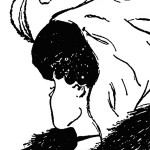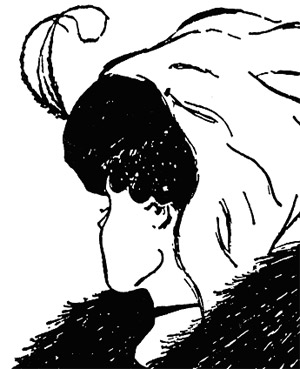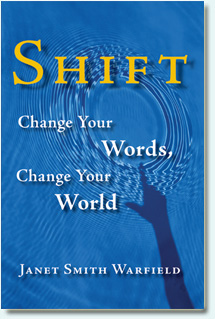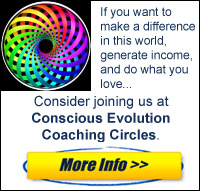Can You Choose What You Want to See?
2010
A friend recently commented, “I wanted to believe I could choose what I wanted to see, what thoughts would be in my head, what emotions would be in my heart, and bring them into my life. It didn’t work. The people starved, were trafficked, raped, and plundered.”
Sometimes choosing what you want to see works. Sometimes it doesn’t.
You can never will yourself to see something that isn’t there. “Choosing what you want to see” does not mean hiding your head in the sand, nor does it mean ignoring your thoughts and emotions. Far better to be honest, see what you see, think what you think, feel what you feel, and stay open to receiving more information and clarity. Prayer and meditation help you stay open.
“Choosing what you want to see” does work when you’re looking at a half full or half empty glass or at an optical illusion such as the young woman or old hag. What’s out there doesn’t change. What changes is the way your mind structures what is out there. Hindus call it “maya” and strive to “pierce the veil of illusion”. This means you either experience awareness and oneness with no mental structuring or learn to mentally structure in many different creative ways. Sometimes you do one; sometimes the other. It all depends on your needs of the moment and the needs of those around you.
My friend made an observation based on his personal perceptions – an observation he couldn’t, wouldn’t, perhaps even shouldn’t release. But wouldn’t it have been more useful to ask an action question?
- If you experience something you don’t like, what are you going to do to change it?
- What realistically do you have the power to do?
- If you are feeling mentally and emotionally drained by what you see, can you do anything other than let the tears flow and be kind to yourself?
- If you are so full of rage that you are about to become violent, can you save your own sanity and move out of the relationship?
- If all your human support systems have deserted you, do you have the courage and perseverance to move forward alone?
- Can you choose to believe there is an energy out there much bigger than all of us that will support you in mysterious and unexpected ways when you ask for help?
When I lived in a country other than my native land, I told my landlord that I needed to stay in his rental home until my own home was built. He agreed. We signed a lease giving him no rights of termination as long as I paid the rent and took care of the property. Under the law of my native land, I could have stayed forever.
After two years, my landlord sent me an email saying he had found another tenant who would pay more money and give him a three-year lease. Could I meet those terms?
The short answer was “No.”
While I might have paid more money, I couldn’t in good faith enter into a three-year lease. I expected to move into my own home within six months.
My landlord then gave me notice, commenting he was sure I would understand. Business was business.
Was I angry? I was livid. Did I pursue my legal rights in that adopted country in every way possible? You bet.
I talked with local friends. I talked with the local District Attorney. I talked with my own lawyer. They all said the same thing. Under the law of my adopted country, I had to move.
What if I didn’t move and forced the landlord to evict me?
I would just get a judgment against me. That’s not a good thing for someone living in another country by sufferance of their laws.
I had explored every possible avenue for asserting my moral and ethical rights. I had no legal rights or societal support. I moved out as quickly as I could so I didn’t have to pay the landlord any more money. I also let everyone in the neighborhood know exactly what he’d done.
There was nothing beyond what I’d already done that I could do. I shifted my focus, released everything, and let the Universe take over.
My landlord had breached his contract with me. Suddenly and without warning, his new tenants breached their contract with him. That house sat empty for eighteen months with not a penny going into my landlord’s pocket.
You can call this co-creation. Together, my landlord, his new tenant, the Universe and I created the end result.
You can call it the Law of Attraction. My landlord became the recipient of exactly the same treatment he had given me.
You can call it Karma. My landlord’s action in breaching our agreement and evicting me shaped his future experience of having his own new lease broken and not having any tenant at all.
Always give yourself permission to dance your own dance of consciousness. You’ll be amazed at the dynamics that evolve with those around you and the opening perspectives and enlightenment you’ll co-create and receive.






Comment